Skip to content
Reading Time: 3 minutes Reading Time: 4 minutes Reading Time: 4 minutes
Alabama Insurance
Reading Time: 5 minutes
Alaska Insurance
Reading Time: 7 minutes
Arizona Insurance
Reading Time: 10 minutes
California Insurance
Reading Time: 6 minutes
Colorado Insurance
Reading Time: 5 minutes
Connecticut Insurance
Reading Time: 5 minutes
Florida Insurance
Reading Time: 4 minutes
Georgia Insurance
Reading Time: 3 minutes
Idaho Insurance
Reading Time: 4 minutes
Illinois Insurance
Reading Time: 2 minutes
Indiana Insurance
Reading Time: 22 minutes
Kentucky Insurance
Reading Time: 5 minutes
Louisiana Insurance
Reading Time: 4 minutes
Maine Insurance
Reading Time: 5 minutes
Maryland Insurance
Reading Time: 6 minutes
Massachusetts Insurance
Reading Time: 7 minutes
Michigan Insurance
Reading Time: 4 minutes
Mississippi Insurance
Reading Time: 4 minutes
New Jersey Insurance
Reading Time: 4 minutes
New Mexico Insurance
Reading Time: 5 minutes
New York Insurance
Reading Time: 4 minutes
North Carolina Insurance
Reading Time: 1 minute
Ohio Insurance
•
Reading Time: 4 minutes
Oregon Insurance
Reading Time: 6 minutes
Pennsylvania Insurance
Reading Time: 4 minutes
Texas Insurance
Reading Time: 7 minutes
Vermont Insurance
Reading Time: 4 minutes
Washington Insurance
Reading Time: 3 minutes
Wisconsin Insurance
Reading Time: 4 minutes
Warning! This link is a trap for bad bots! Do not follow this link or you're IP adress will be banned from the site!

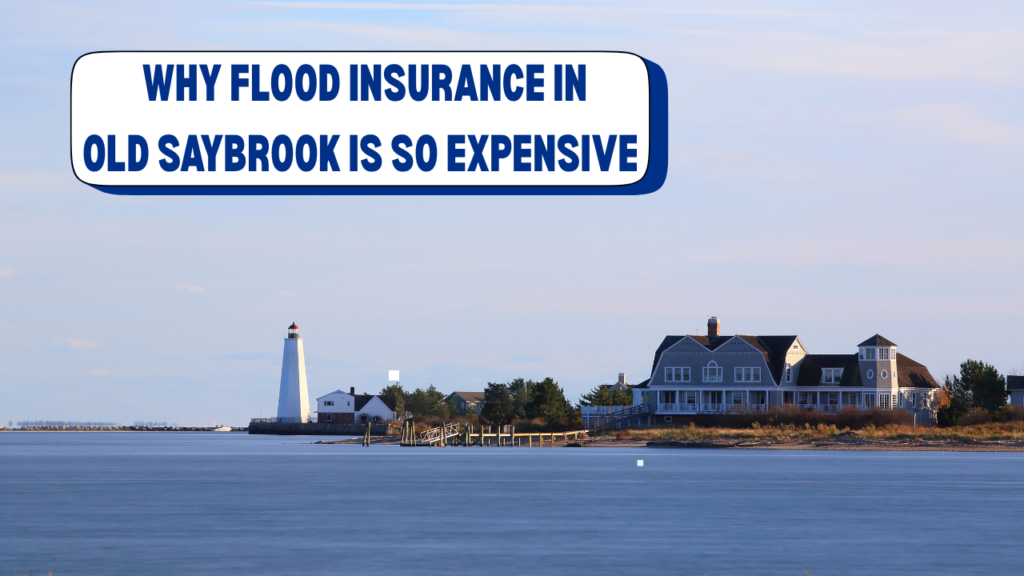
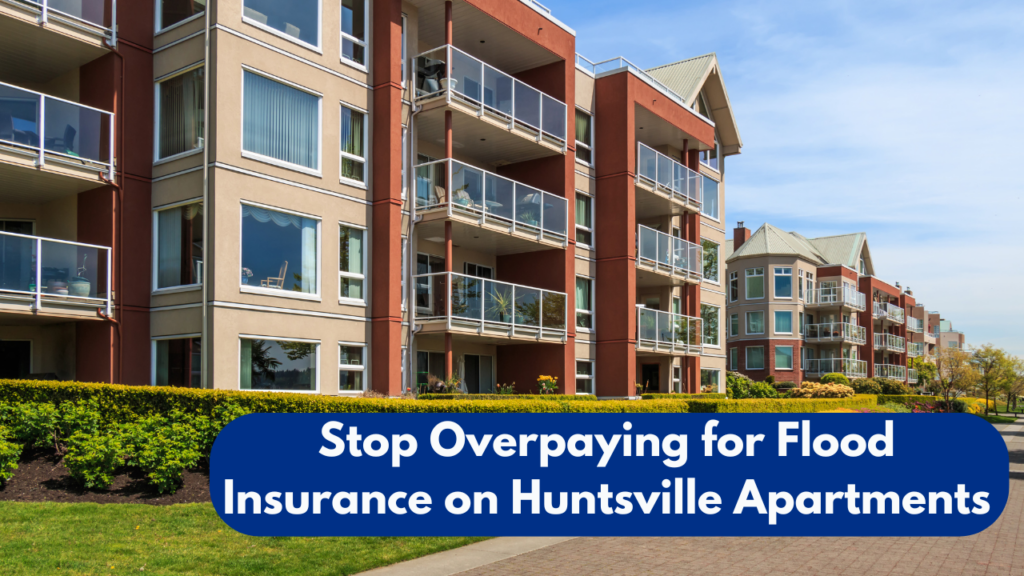

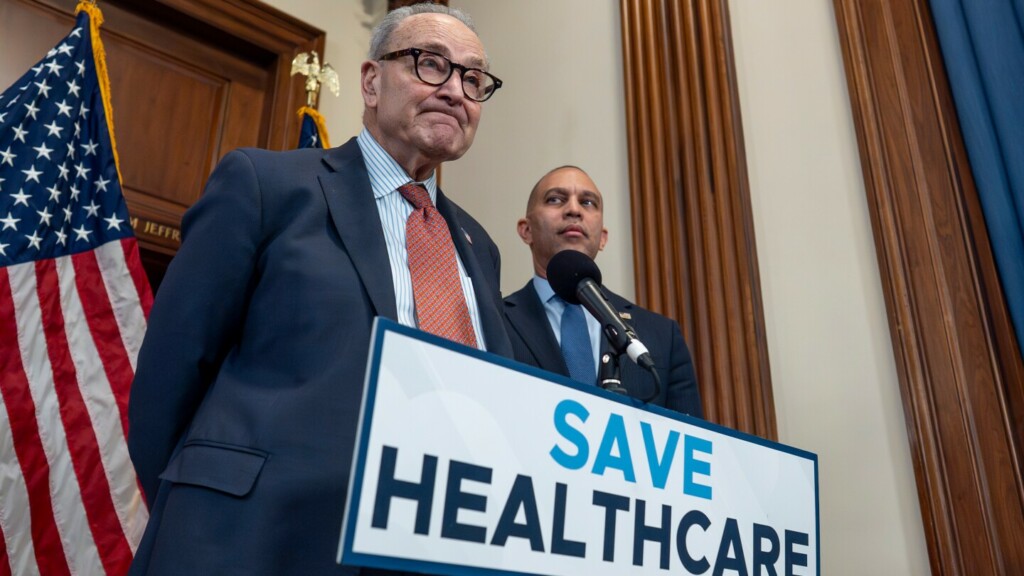
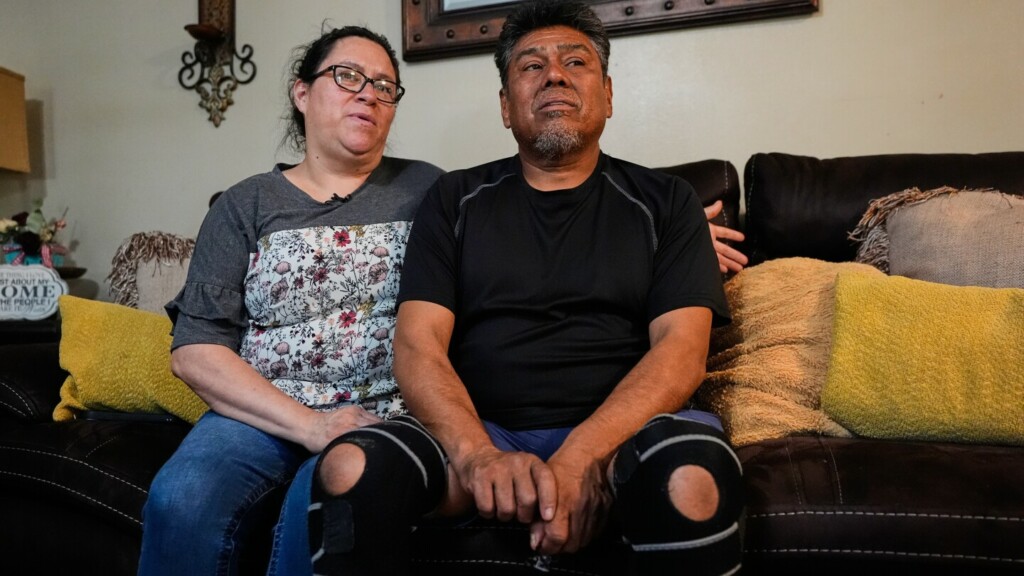
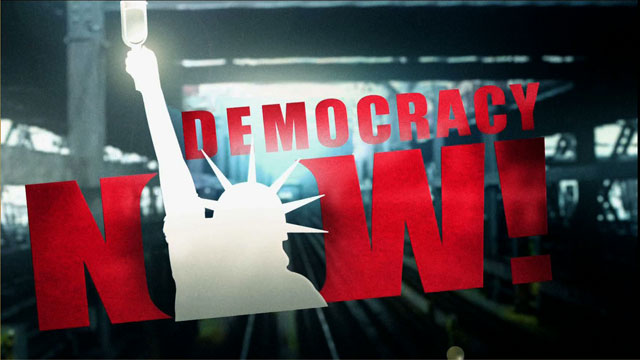
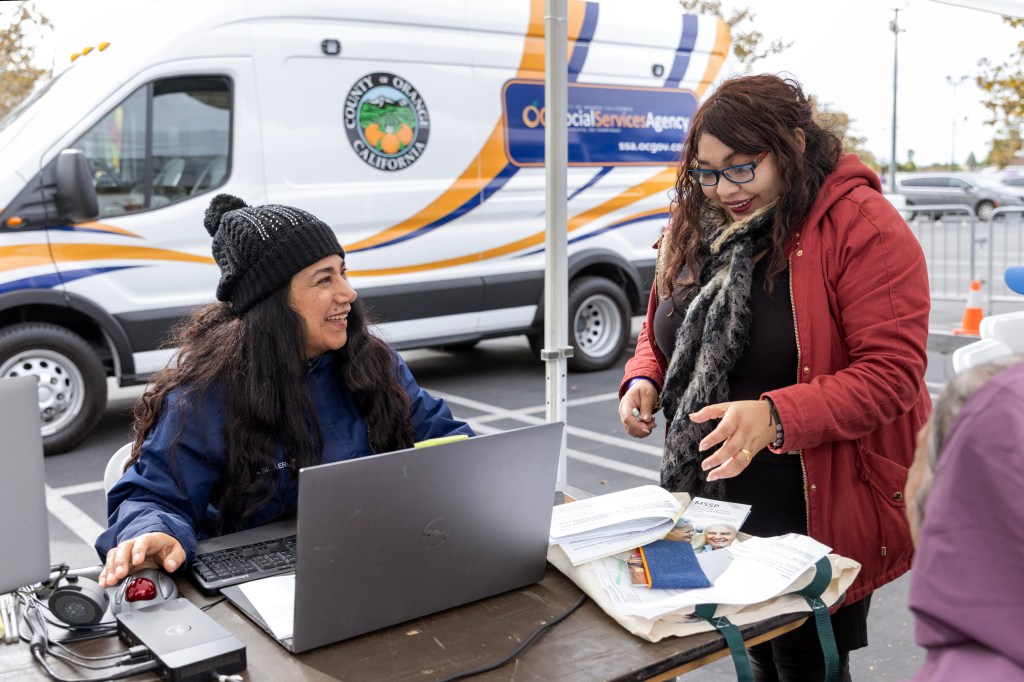
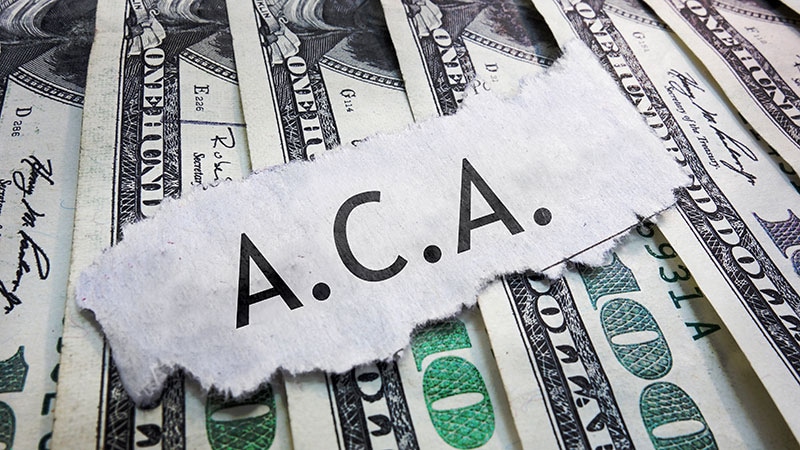
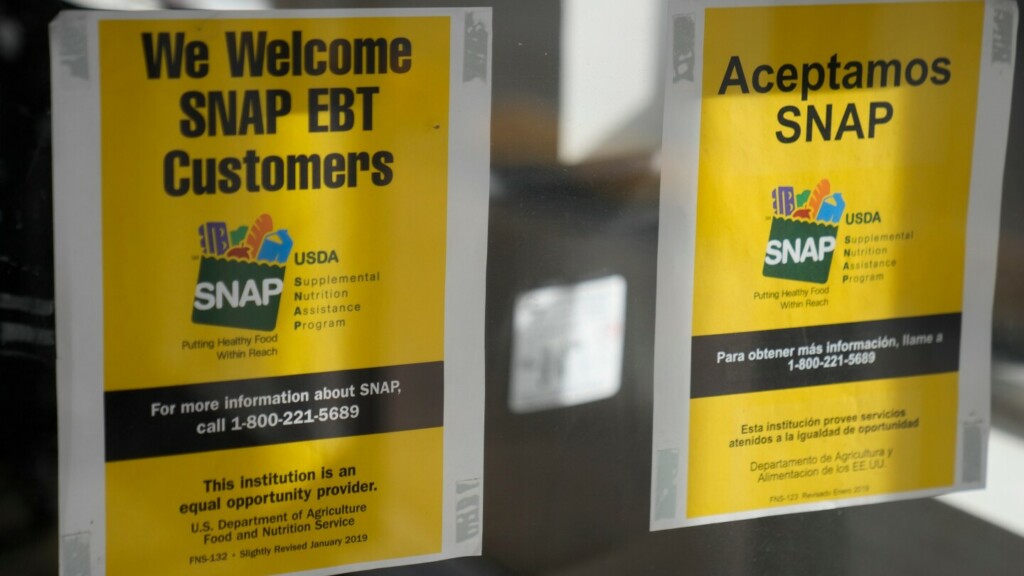
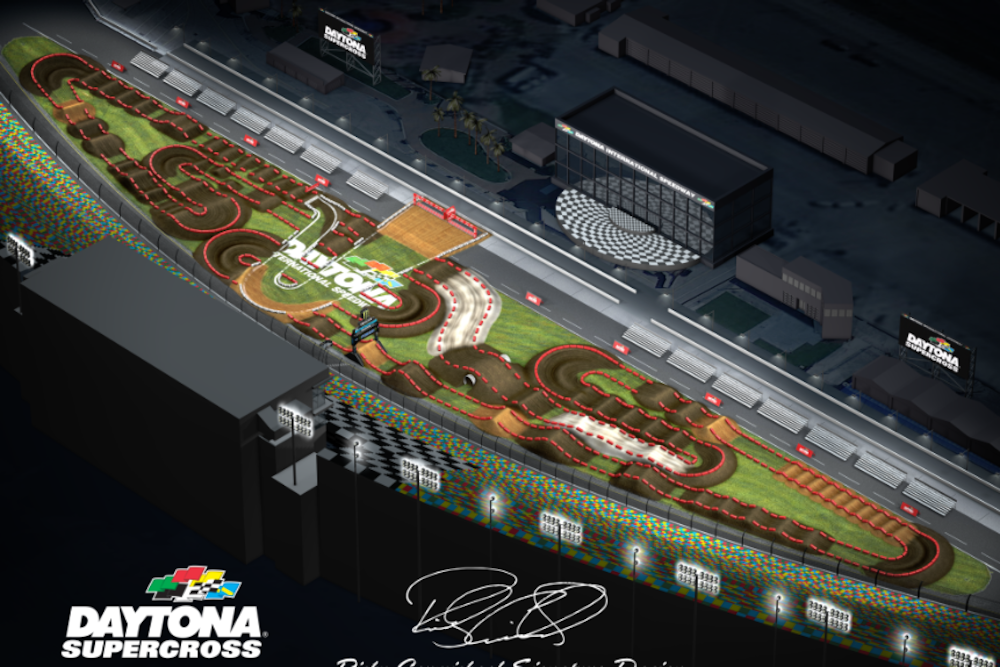
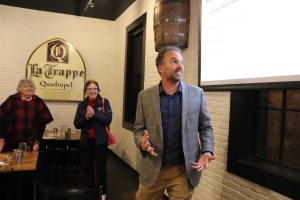
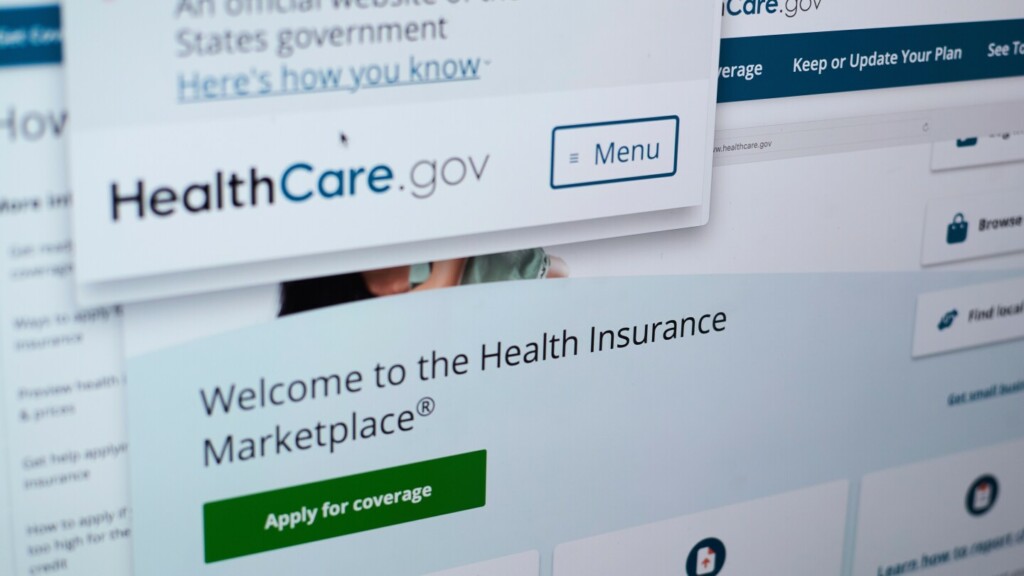

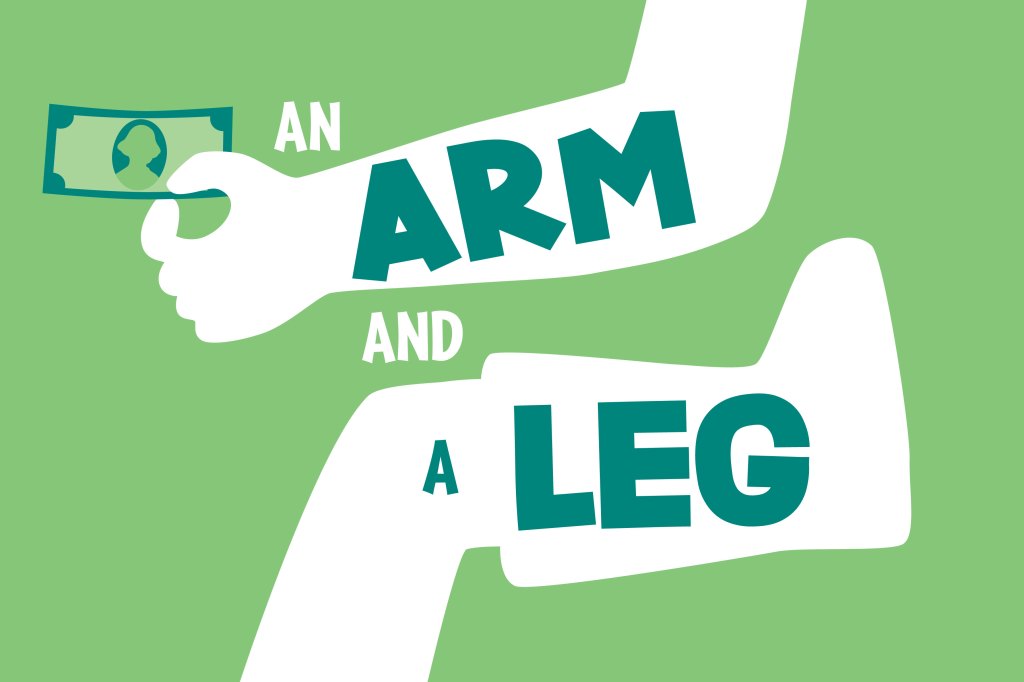
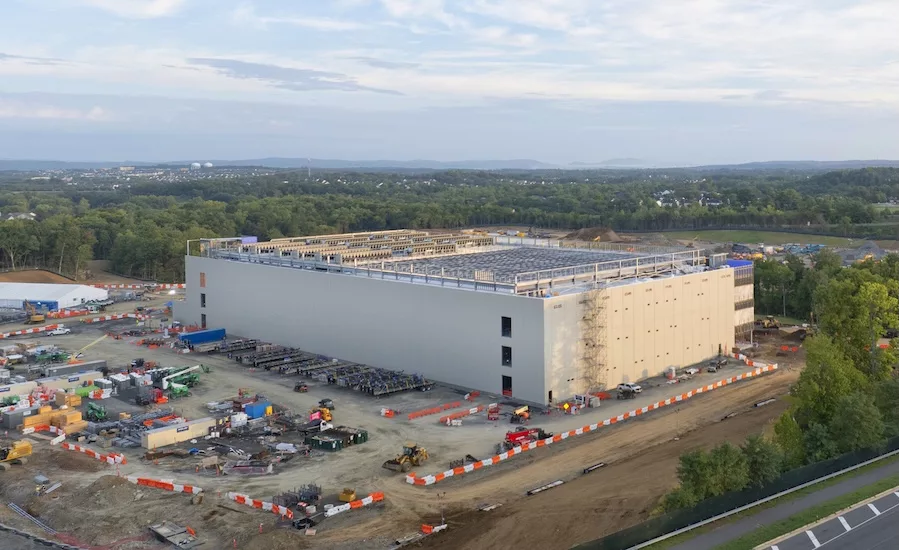




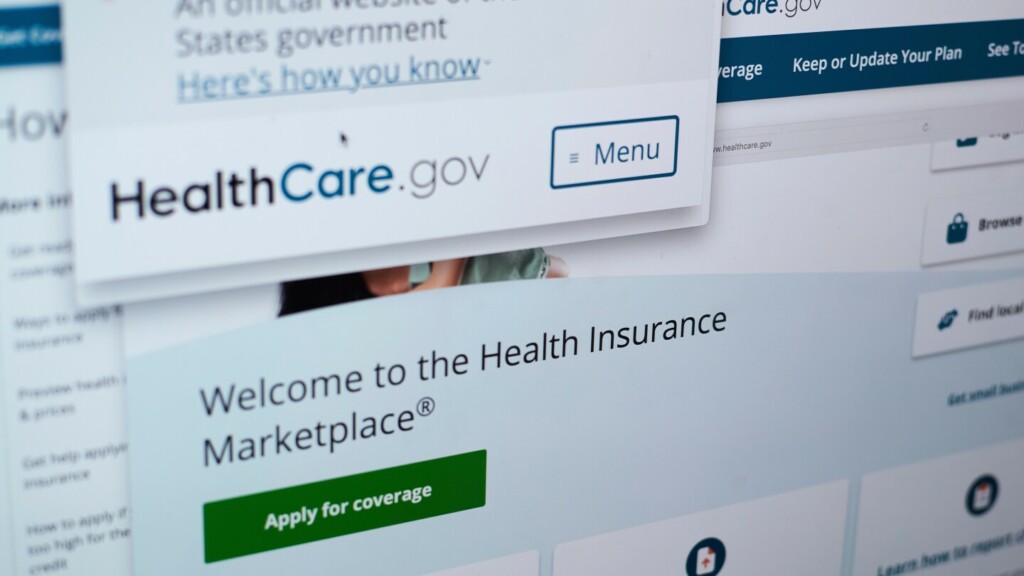
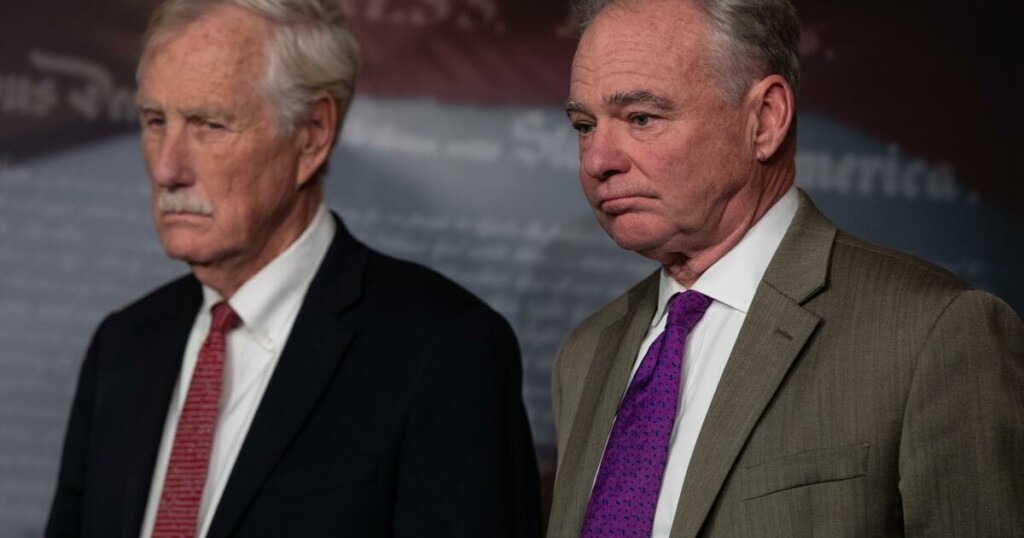


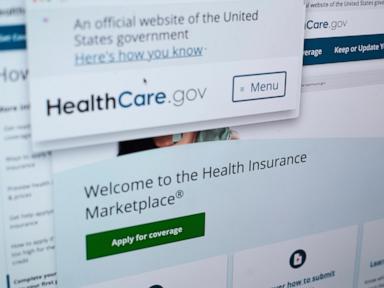

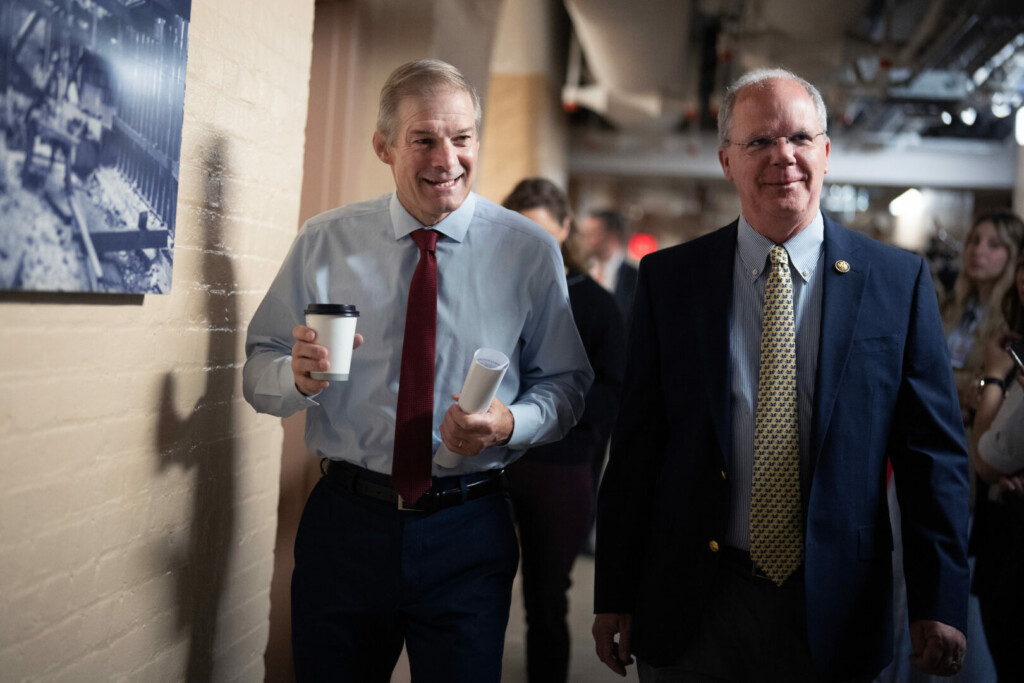
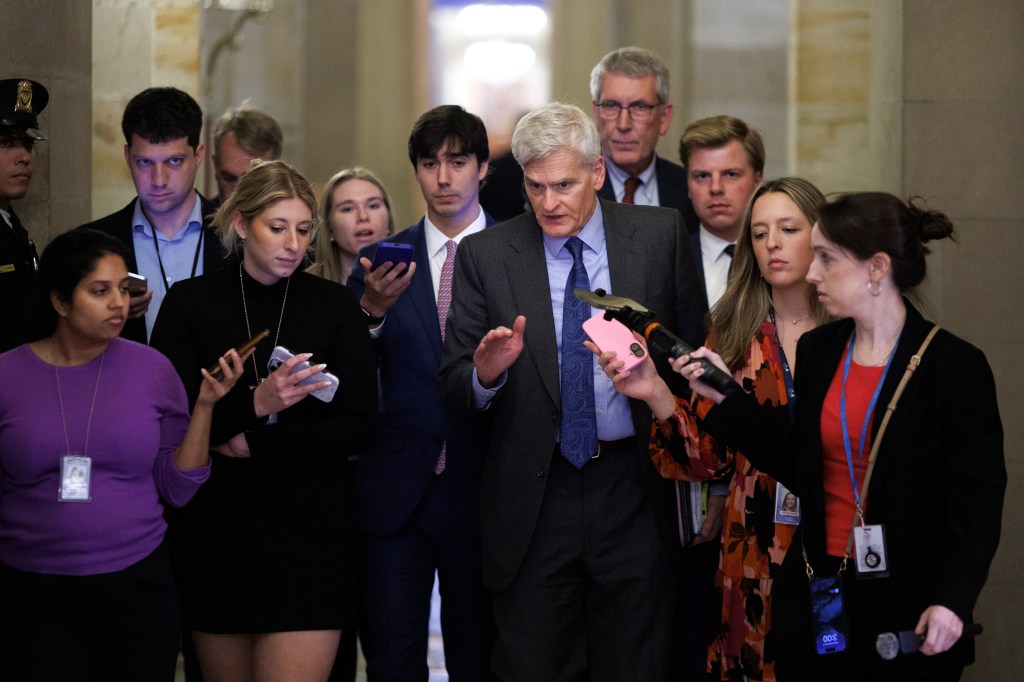
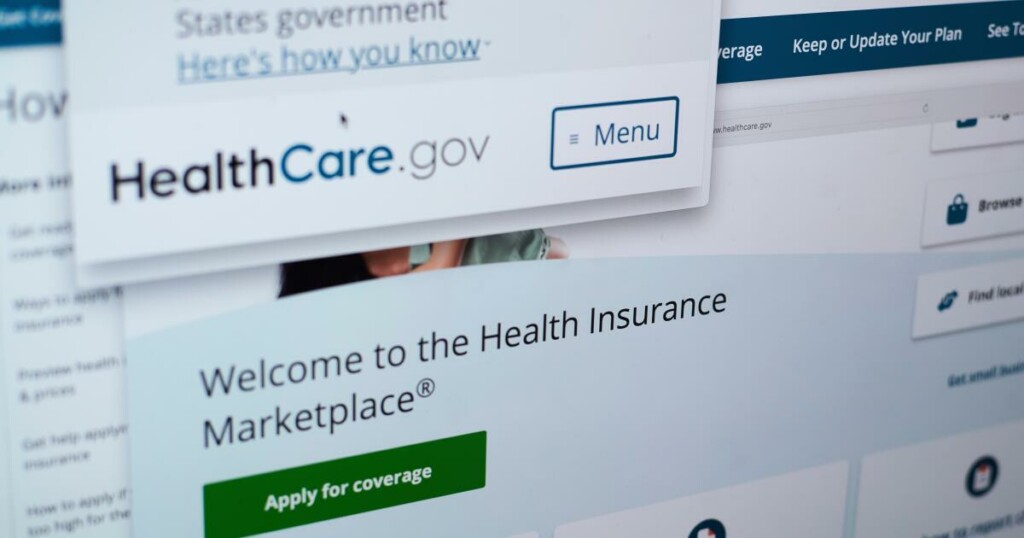
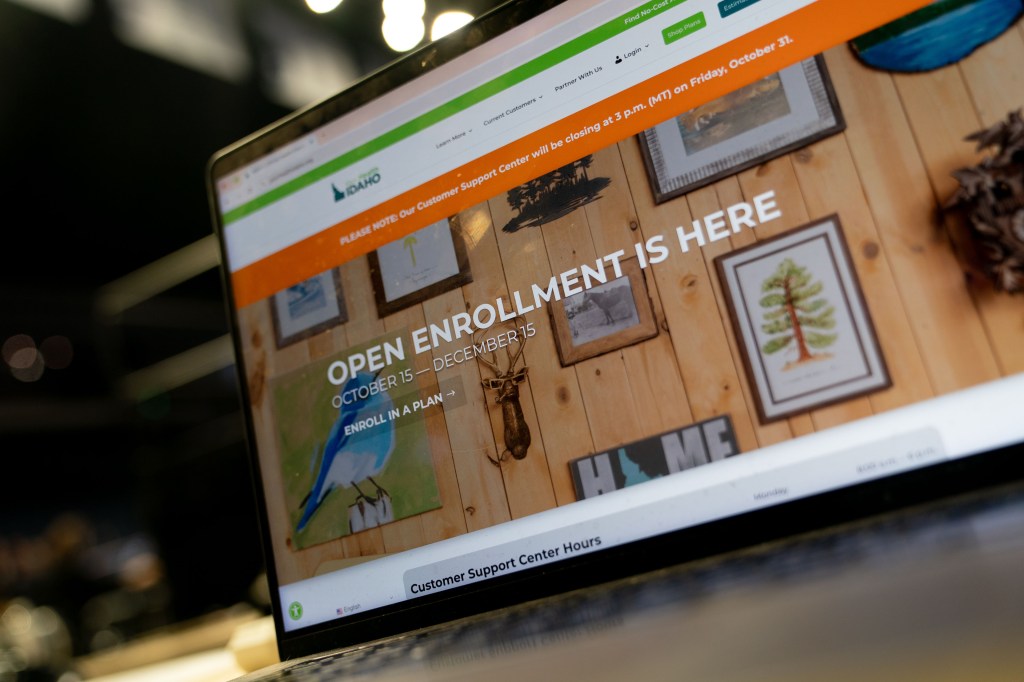
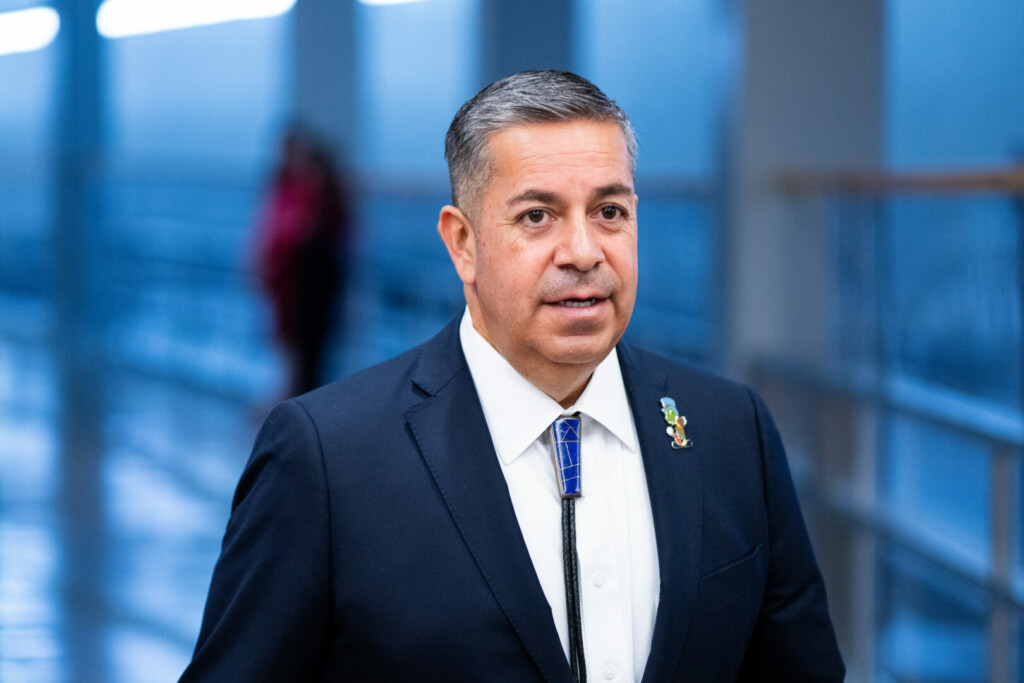

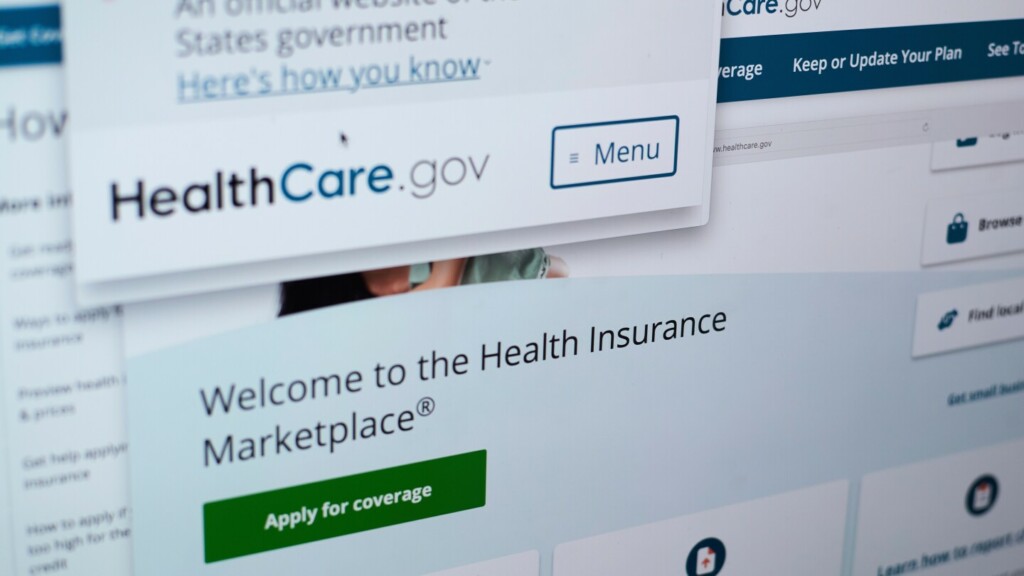
![best-workers-compensation-insurance-in-indiana-for-your-business-in-[current-date-format='y']](https://producerpress.com/wp-content/uploads/2025/12/484345-best-workers-compensation-insurance-in-indiana-for-your-business-in-current-date-formaty.jpg)
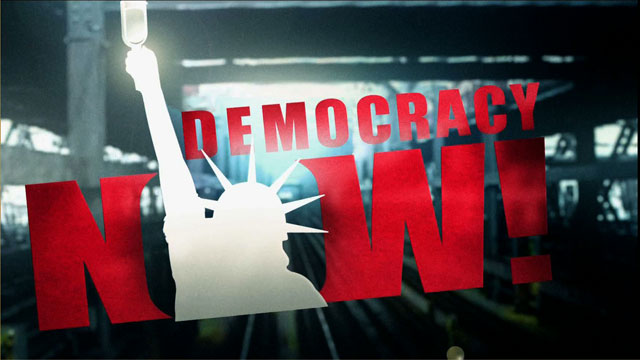


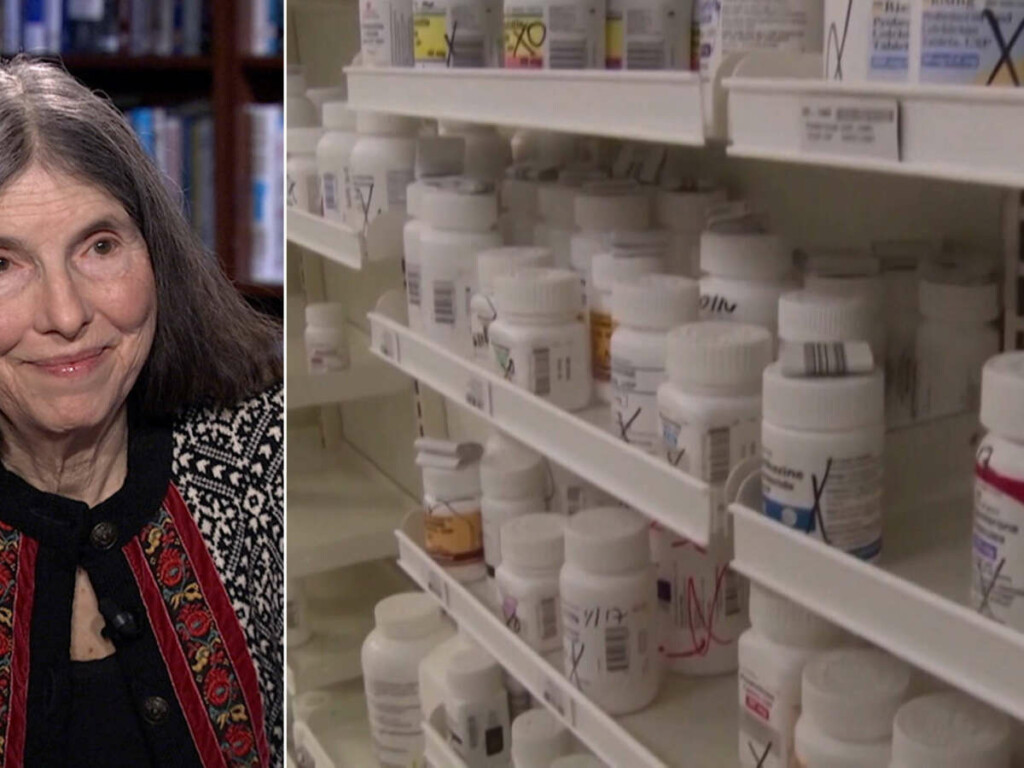
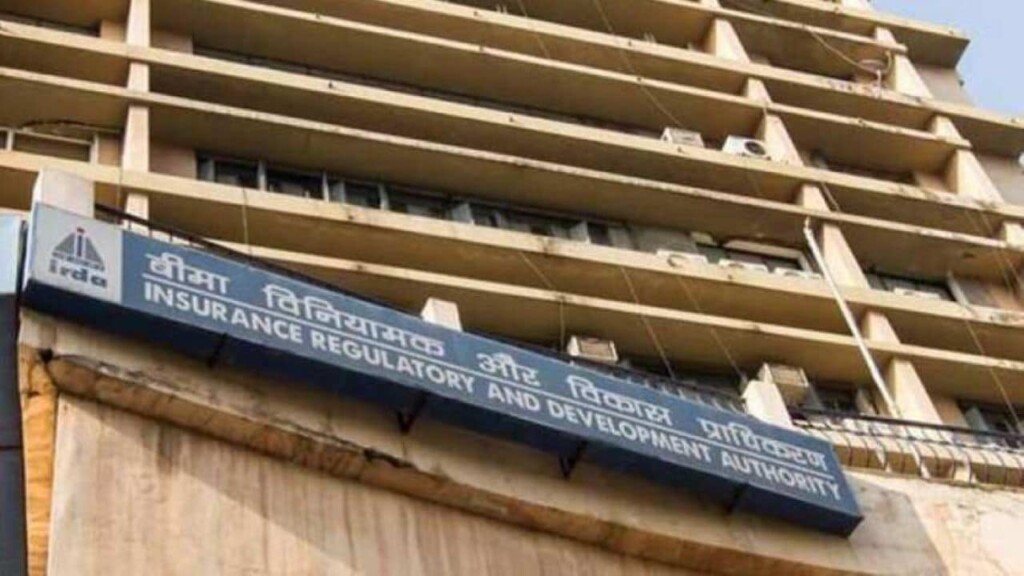
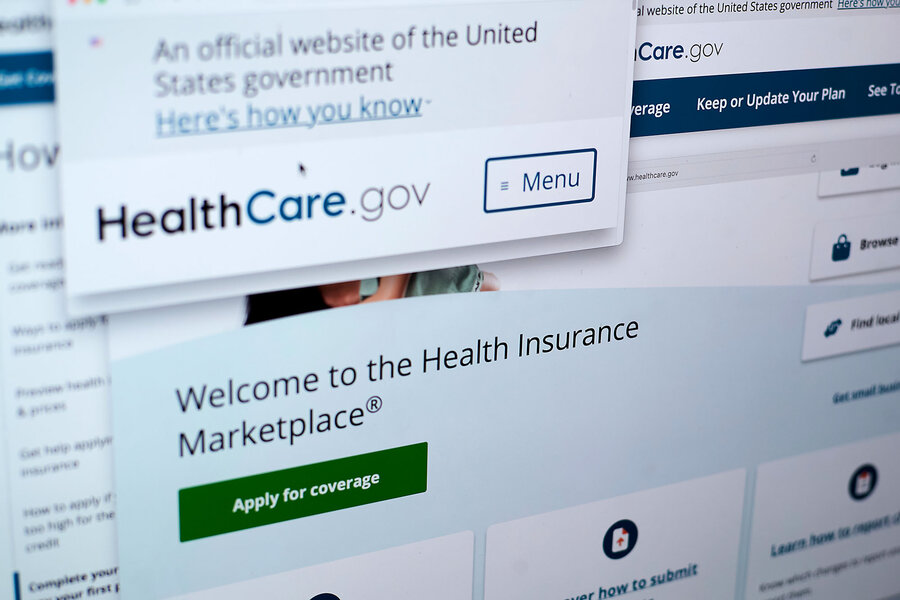
![best-whole-life-insurance-in-south-carolina-([current-date-format=y])](https://producerpress.com/wp-content/uploads/2025/10/465660-best-whole-life-insurance-in-south-carolina-current-date-formaty.jpg)
![best-whole-life-insurance-in-massachusetts-([current-date-format=y])](https://producerpress.com/wp-content/uploads/2025/10/465097-best-whole-life-insurance-in-massachusetts-current-date-formaty.jpg)
![best-whole-life-insurance-in-wyoming-([current-date-format=y])](https://producerpress.com/wp-content/uploads/2025/10/465784-best-whole-life-insurance-in-wyoming-current-date-formaty.jpg)
